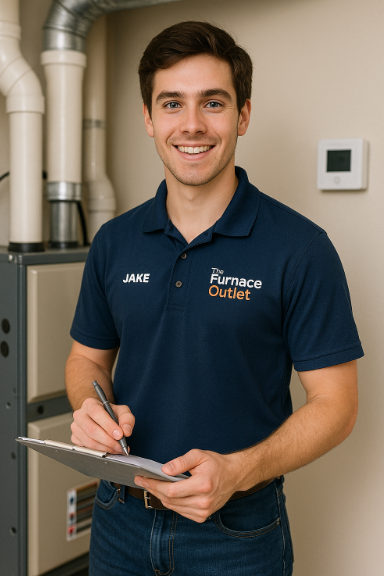Hey everyone, Jake Lawson here. If you love camping but dread sweltering summer nights, you’ve probably searched for a camping air con unit or a tent AC unit. Today, we’re going to cover everything you need to know about portable camping air conditioners, small portable air conditioners for camping, and even units designed for RVs and tents. By the end of this guide, you’ll know how to pick the best cooling solution for your outdoor adventures.
Why a Portable AC Is Essential for Camping
Camping is all about enjoying the outdoors, but extreme heat can quickly ruin your experience. A mini camping air conditioner can make all the difference. Not only does it provide cool comfort, but it can also help reduce humidity, keep bugs away, and create a safe environment for children and pets.
Even if you’re in a well-ventilated tent or RV, a portable air conditioner for tents or portable air conditioners for RV can drastically improve sleep quality and overall comfort.
For an in-depth guide on energy-efficient portable ACs, check out Energy.gov’s guide to portable air conditioners.
Types of Camping Air Conditioning Units
When it comes to camping air con units, you have several options:
1. Evaporative Coolers (Swamp Coolers)
-
Ideal for dry climates.
-
Use water evaporation to cool air.
-
Lightweight and portable.
2. Portable Window-Style Units
-
Often designed for RVs or tent window openings.
-
Require minimal setup but need a nearby power source.
3. Rechargeable Mini AC Units
-
Compact and battery-operated.
-
Perfect for small portable air conditioners for camping where power is limited.
-
Offer several hours of cooling per charge.
For more information on portable AC types, visit Consumer Reports’ portable air conditioner guide.
Key Features to Look for in a Camping AC Unit
When selecting a tent AC unit or portable camping air conditioner, keep these features in mind:
-
Cooling Capacity (BTUs): Make sure the unit can handle the square footage of your tent or RV.
-
Portability: Look for compact, lightweight models with handles or wheels.
-
Noise Level: A mini camping air conditioner should be quiet enough to sleep comfortably.
-
Energy Efficiency: High-efficiency units consume less power, important when using generators or battery packs.
-
Humidity Control: Some portable ACs double as dehumidifiers, reducing moisture in tents or RVs.
You can read more about energy-efficient camping gear at REI’s camping essentials guide.
Setting Up a Portable AC for Tents or RVs
Proper setup is crucial for getting the most out of your portable air conditioner for tents:
-
Choose the Right Spot: Keep the unit elevated off the ground and away from direct sunlight.
-
Vent Properly: Even mini AC units may need a small exhaust vent. For rechargeable AC units, follow manufacturer guidelines.
-
Seal Openings: Ensure tent windows and RV vents are closed to maximize cooling efficiency.
-
Power Source: Use a compatible generator, inverter, or battery pack.
For safety tips and installation advice, see Camping World’s RV air conditioning guide.
Portable AC Units for RVs
RV campers face unique challenges. A portable air conditioner for RVs needs to:
-
Fit within limited space.
-
Work with RV power systems (12V, 120V, or dual power).
-
Provide sufficient airflow for the interior.
Some high-end models include thermostats and programmable timers, allowing campers to maintain comfort without wasting energy.
Mini and Rechargeable AC Units for Backpacking or Small Tents
For solo campers or small tents, a mini camping air conditioner or rechargeable AC unit is ideal. These units:
-
Are ultra-portable and lightweight.
-
Can run several hours on battery power.
-
Often include ice packs or water tanks for evaporative cooling.
These units are great for short trips where electricity is limited or nonexistent.
Maintenance Tips for Portable Camping AC Units
Like any AC system, portable camping units need proper care:
-
Clean or Replace Filters regularly to maintain airflow.
-
Drain Water Tanks for evaporative models.
-
Store Properly during the off-season to prevent mold or mechanical issues.
-
Check Power Cords and Connections before each use.
Proper maintenance ensures your small portable air conditioner for camping works efficiently every trip.
Conclusion
Whether you’re looking for a tent AC unit, a portable air conditioner for tents, or a mini camping air conditioner, there’s a solution for every camper. Understanding features like cooling capacity, energy efficiency, and portability will help you pick the right unit for your outdoor adventures.
If you’re exploring home and portable cooling options, the Goodman 3-Ton 14.5 SEER2 R32 Bundle provides high-efficiency comfort for residential settings—perfect for complementing your portable AC solutions.







